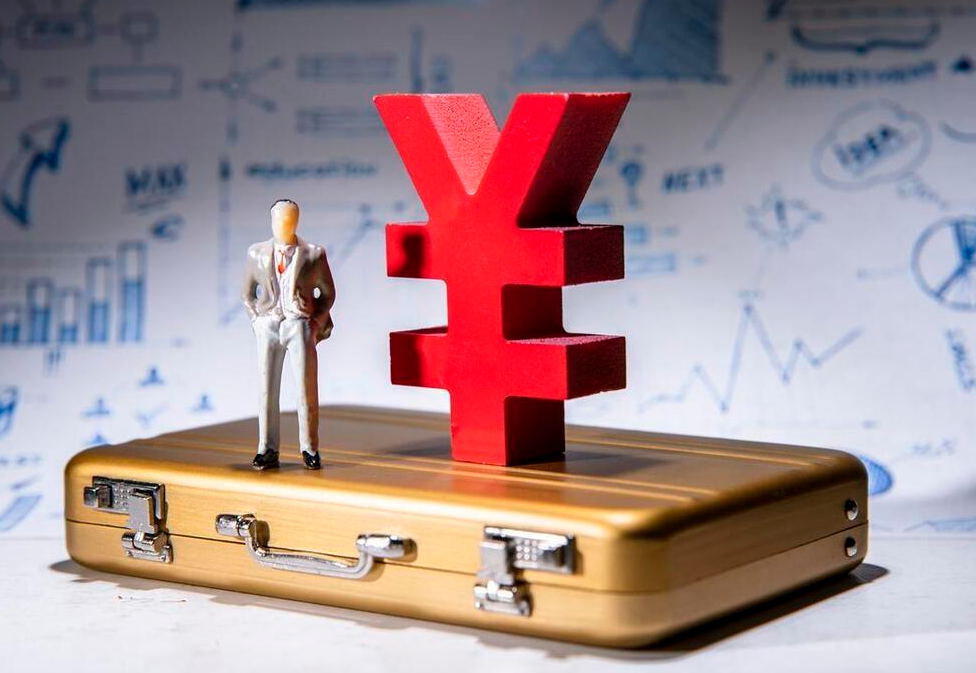Four Key Insights from Buffett's Letter to Shareholders
Advertisements
In the realm of investing, few names command as much respect and intrigue as Berkshire Hathaway and its legendary leader, Warren Buffett. As the company prepares to unveil its annual report this Saturday morning, February 22, it draws the attention of a vast community of investors, analysts, and financial enthusiasts. This report is particularly significant as it will include Buffett's insightful letter to shareholders, a hallmark of their annual meetings, traditionally filled with reflections on both the company's performance and broader investment philosophies.
Berkshire Hathaway's financial prowess is underscored by its substantial cash reserves, which have ballooned to unprecedented levels. According to estimates from CFRA analyst Cathy Seifert, as of the end of the third quarter in 2024, the company’s cash reserves hinted at exceeding an eye-popping $320 billion. This monumental figure stirs a duality of excitement and concern among investors. On one hand, it signifies potential for acquisitions and strategic investments; on the other, it raises eyebrows about what these liquid assets suggest regarding Buffett's outlook on market conditions and future economic scenarios.
The narrative surrounding Berkshire Hathaway's acquisition strategies has been a recurring theme, especially as cash reserves continue to swell. Investors are acutely aware of the implications behind these funds: is Buffett on the lookout for lucrative acquisitions, or is he perhaps cautious about entering a volatile market? These questions have festered since last year when shareholders expressed similar concerns over the company’s growing cash pool, fearing it may reflect apprehensions over potential downturns in the economy.

Warren Buffett, known for his candidness, highlighted that while Berkshire Hathaway is always on the lookout for investment opportunities, finding suitable ventures remains a challenge. During the annual shareholder meeting in May 2024, he reiterated the company’s philosophy to refrain from making acquisitions for the sake of acquisition alone, and rather expressed a preference for holding cash under the current 5% interest rate environment. Despite the allure of investment, he stated, "We only swing our bats in the ballparks we like." Such insightful perspectives underscore the balancing act that investment giants like Berkshire must navigate amid fluctuating market conditions.
Amidst the rising tide of cash, investors are particularly tuned in to several critical factors that might influence Berkshire's future trajectory. One primary area of focus centers around its stock investment decisions. A recent filing indicated that as of December 31, 2024, Berkshire's stock portfolio was valued at a staggering $267 billion, and last quarter alone, the company offloaded around $6 billion worth of stocks. These trading movements are closely scrutinized, especially recent positions taken in Constellation Brands and the reduction in bank stock holdings. Investors are likely to analyze these shifts rigorously, eager to glean any hints or advice Buffett may offer regarding future investment strategies, particularly in the context of the escalating cash reserves.
Another matter that holds tangible significance is the topic of succession within the company's leadership. As Warren Buffett approaches his 95th birthday this year, whispers about who will steer the monumental ship that is Berkshire Hathaway once he steps down become louder. Analysts, including Seifert, believe that the onboarding of Greg Abel as the Vice Chairman of non-insurance operations suggests a structured approach to the inevitable transition. Abel stands as a front-runner to succeed Buffett while Ajit Jain, who oversees the insurance division, is viewed as an invaluable asset, despite speculation about his potential retirement in the coming years. With these discussions, the narrative of leadership succession remains paramount in ensuring investors feel secure about the future of the conglomerate.
Moreover, the tone and content of Buffett's letter are of great interest, especially regarding external economic pressures that may shape Berkshire's outlook. Historically known for his relatively optimistic and measured tone, Buffett has at times delved into discussions reflecting on macroeconomic crises, notably following events like the 9/11 terrorist attacks or the financial meltdown from 2007 to 2009. As macro forces—be they fiscal policies or geopolitical unrest—loom large, investors are poised to evaluate whether Buffett will address these challenges directly, given their significance to Berkshire's business ambitions. Given the labyrinth of contemporary economic dynamics, many anticipate Buffett may offer reflections that contextualize the company's strategies amid these external pressures.
In summary, as Berkshire Hathaway gears up for what promises to be a compelling annual report, eyes will be fixated not just on the statistics emerging from their financials, but also on the subtleties embedded within Buffett's language and narratives. Every detail, from the metrics surrounding their cash reserves to insights on investment strategies, will warrant careful consideration by investors striving to gauge the future directions. The ensuing report, and the letter that accompanies it, will provide clarity on Berkshire's posture in a market fluctuating between opportunity and uncertainty, all while underscoring the enduring legacy of its most iconic figure—Warren Buffett.